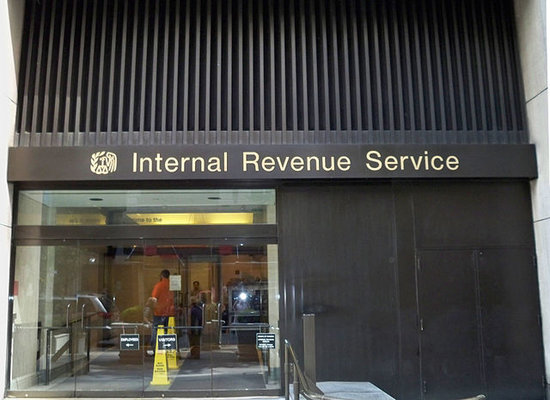New IRS Deadline for Employers Designed to Beat Tax Scammers to Your Refund
Mike Clifford – CommonwealthNews

Employers across New England and the nation are scrambling today to meet a new end-of-month deadline that is designed to protect your income-tax refund.
The change is part of the Protecting Americans from Tax Hikes or “PATH” Act, and AARP volunteer fraud-fighter Norma Boyce said the goal is to prevent tax refunds from falling into the wrong hands.
The change requires employers to get W2 forms to the government by January 31st, so they can do some cross-checking before they mail your refund.
“When people file their return, they take what’s on their return and match it to what the employers or the payers have sent in, which is a very good idea, because that’s going to stop some fraudulent returns right at the source,” she explained.
Boyce said if you’re claiming the Earned Income Tax Credit or Additional Child Tax Credit this year, any credits or refunds will be delayed until February 15th, again, that’s so the IRS can be sure it’s sending the return to the right person.
You don’t need to delay filing for those credits. She added that federal authorities made progress in 2016 cracking down on scammers from foreign call centers who claimed to be from the IRS and were using personal information to trick taxpayers into thinking they owed more money.
Boyce said a major federal indictment came down in October. “They were able to locate this operation out of India, and 56 people were indicted that were siphoning more than $300 million from victims,” she said.
“The government said it was the largest phone fraud to target Americans in history.” Boyce said while those fraudsters are out of business, it’s no time to let your guard down.
“Be very suspicious of any calls asking for money, whether it is a federal authority, a state authority or anybody,” she said.
“And remember, the IRS does not call.”
Another sign of progress, the IRS reports that, in the first nine months of this year, only half as many people filed affidavits saying they were victims of identity theft compared with 2015.
